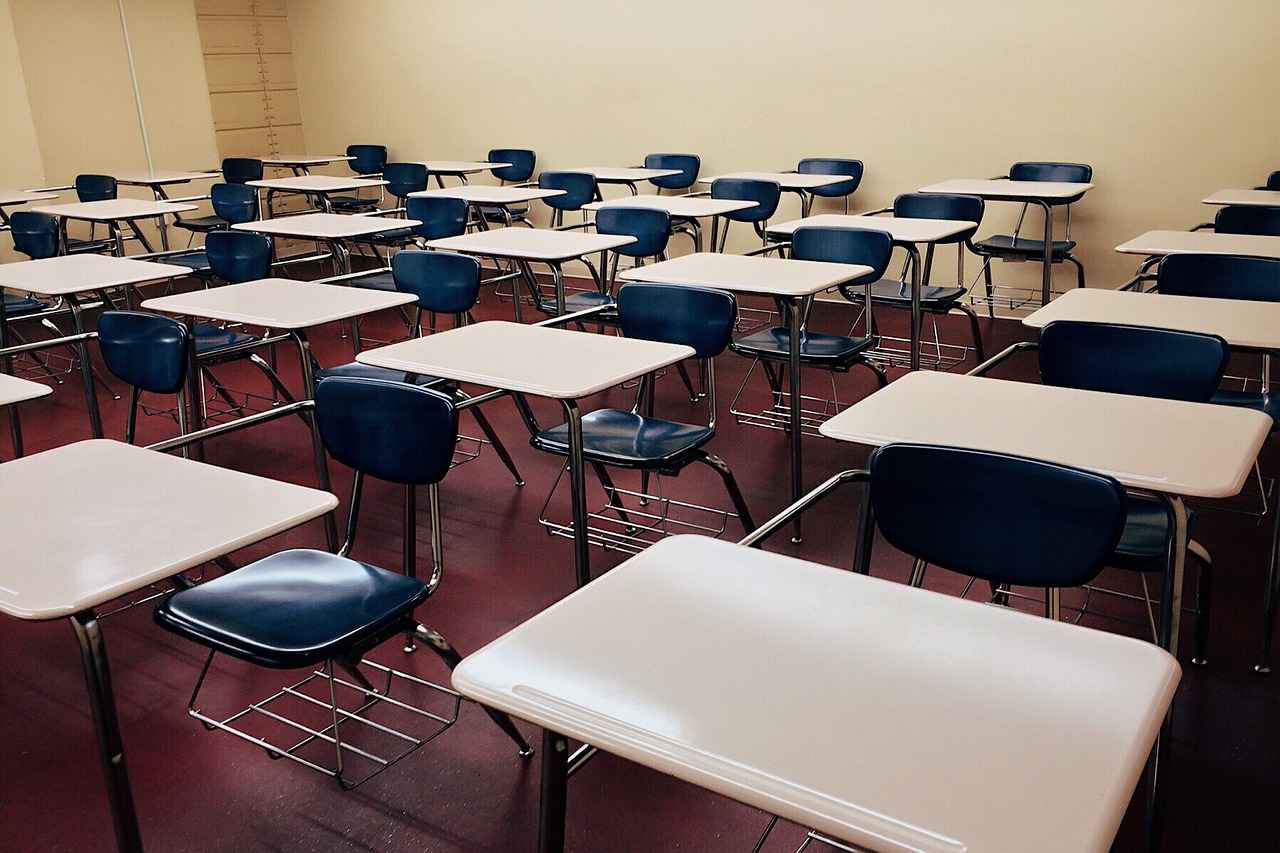Many people believe that if you work harder than others, you should reap greater rewards. But, let’s be real—not everyone starts from the same place. A kid from a low-income, single-parent home might find it much tougher to compete with a peer from a wealthier background with more support.
This unbalanced playing field prompted San Francisco’s school district to introduce a lottery-based admission system for its schools, aiming for a more diverse and equitable student body. Yet, this approach hasn’t quite worked as planned. Instead of diversifying, it drove wealthier families to choose private schools, which remain predominantly white.
Lowell High School, an established public high school known for its academic rigor, faced its own challenges. Previously, entry depended on high test scores and grades, which critics argued favored students from better-off backgrounds. In response to these criticisms and the disruptions of the global pandemic, the school board temporarily removed the entrance exams for the 2021-2022 school year, hoping to level the playing field.
But the lottery system has its detractors. They argue that it could dilute the quality of education and increase dropout rates, as students who are less academically prepared might struggle with the demanding curriculum. They fear that lowering standards to accommodate a wider range of abilities could harm the school’s reputation and the future prospects of its students.
On the flip side, supporters of the lottery system argue that it’s a necessary step toward real equality. They believe it could break the cycle of privilege that allows already advantaged students to clinch spots at top schools, leaving very capable but less privileged students behind. Advocates say that a truly public school should be open to all public students, not just those who can score well on an entrance exam.
This debate underscores a larger question: what is the goal of our education system? Is it to foster elite education accessible only to those who can navigate its demands, or is it to ensure that all students, regardless of background, have a chance to succeed? The experiment with Lowell’s admission policies could provide some answers, depending on how the changes impact student success and school diversity. The outcomes could influence future educational policies, potentially extending beyond San Francisco.











































